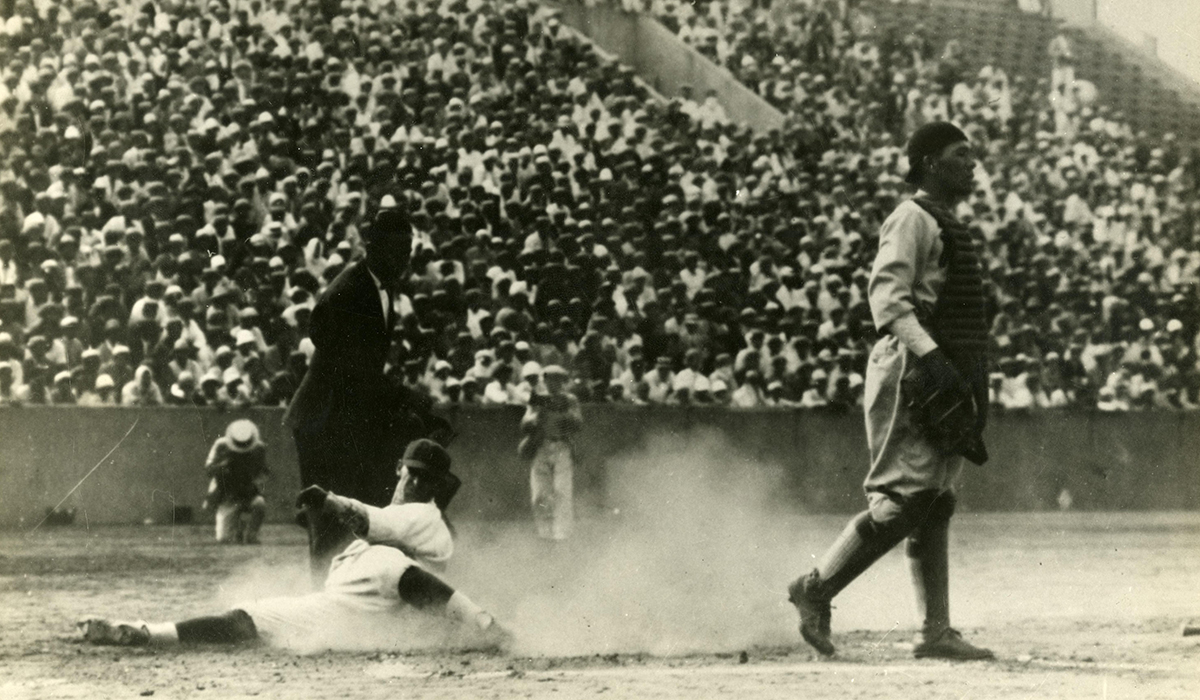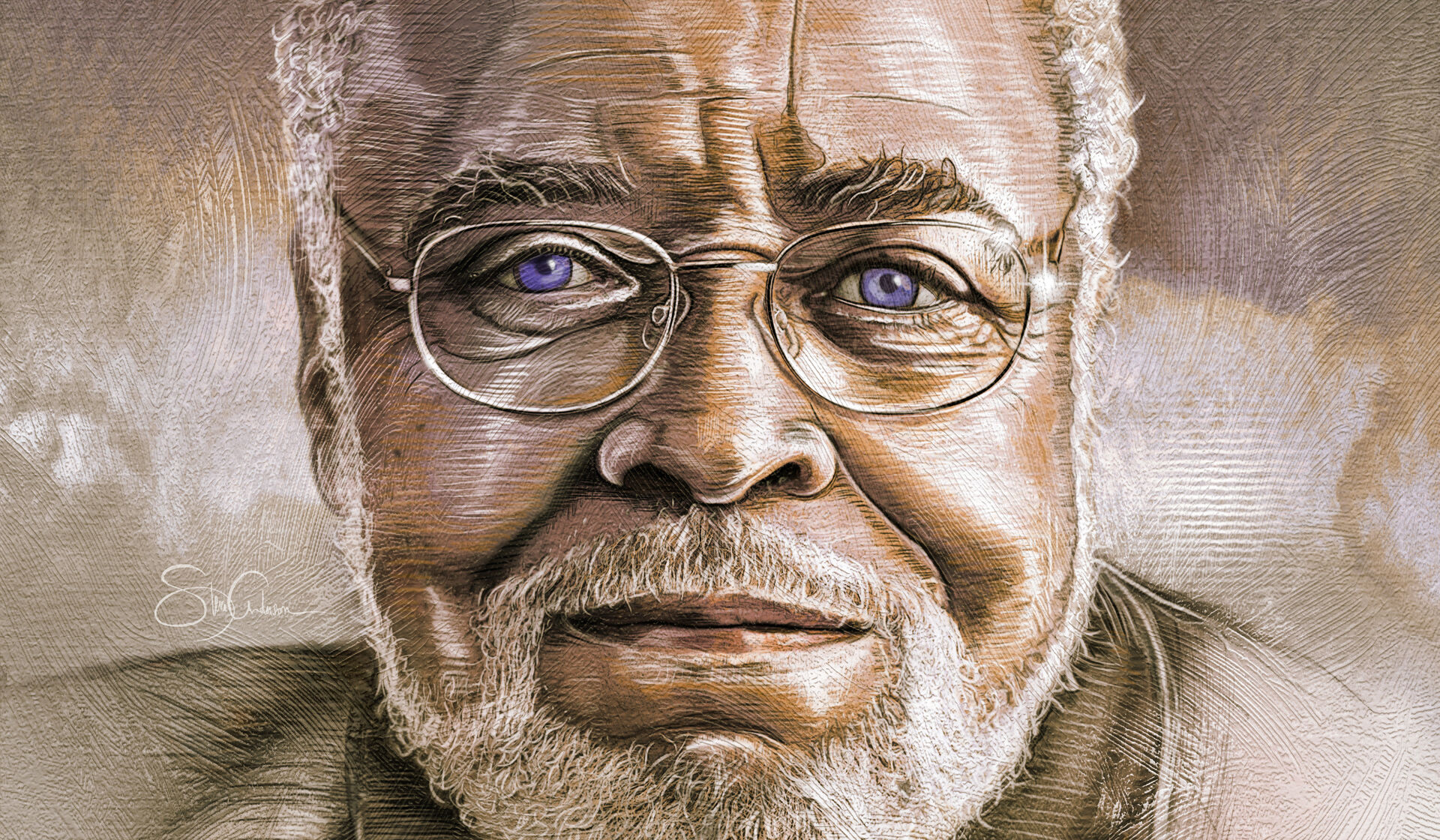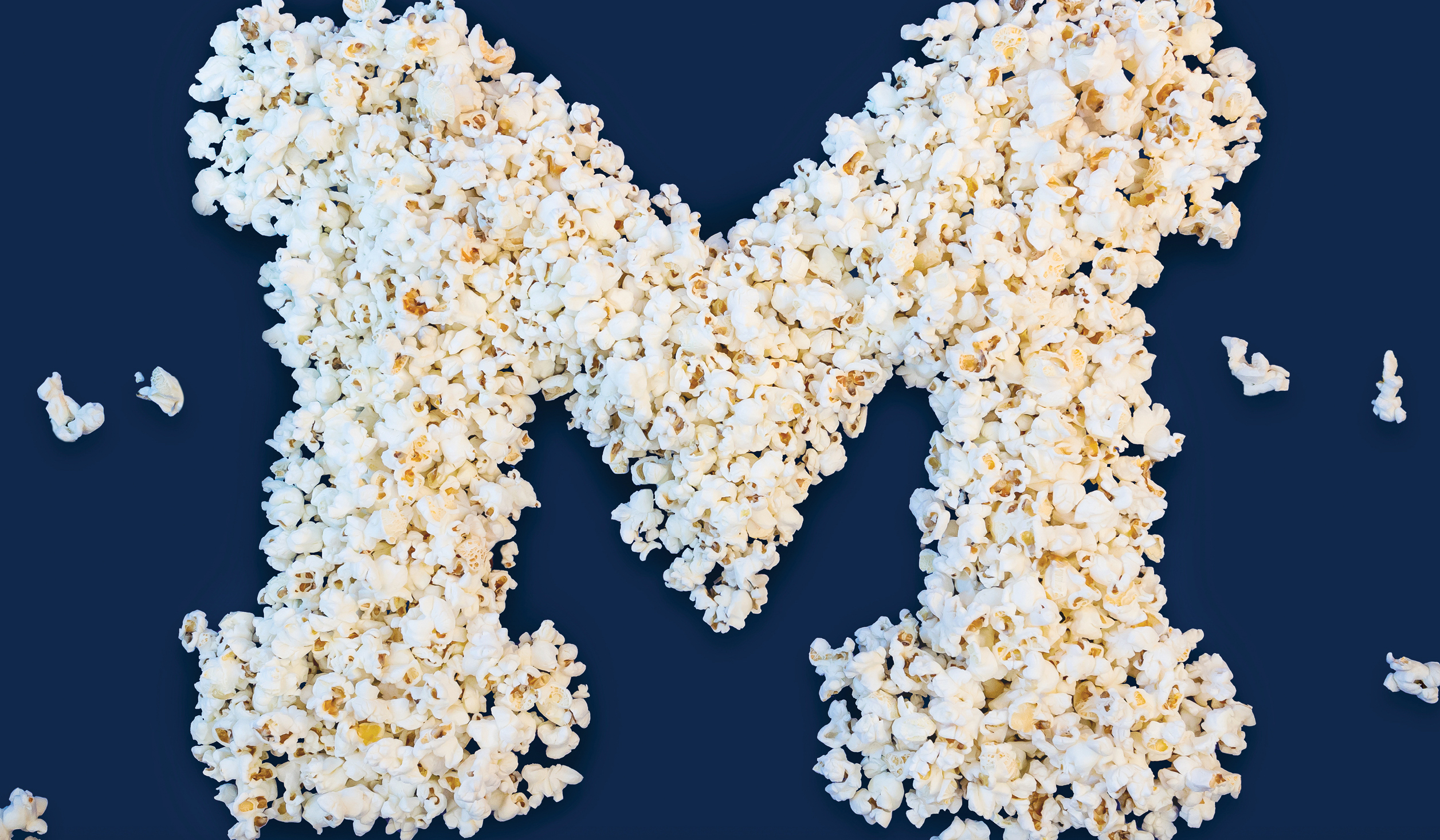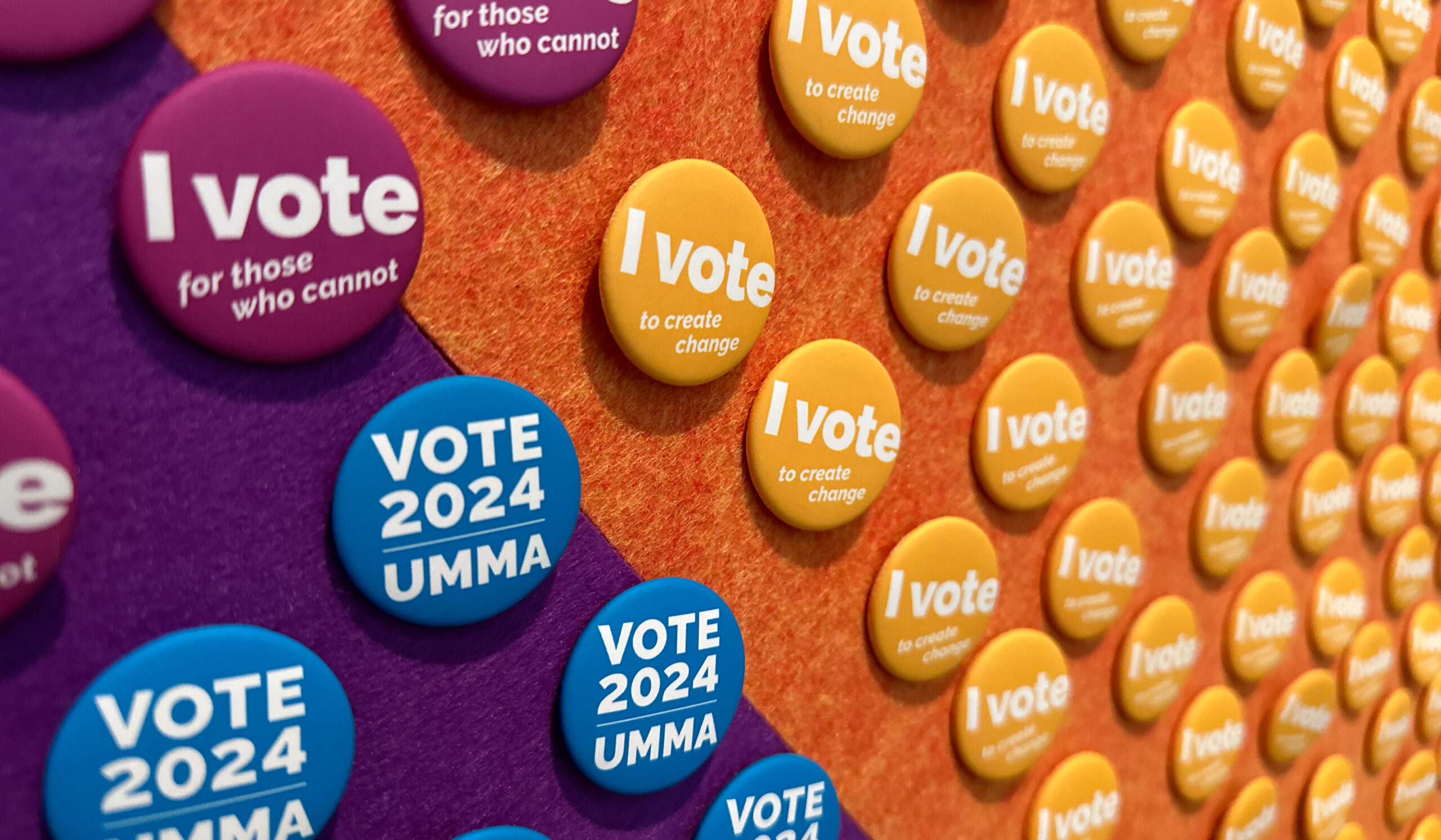In the 1920s and 30s, the University of Michigan played its part in growing the popularity of baseball in Japan by participating in mutual excursions. In a program set up by Japan’s Ministry of Education, collegiate teams from Japan—including the “Big 3” Japanese baseball powerhouses of Meiji, Waseda, and Keio universities—would tour and play in exhibitions in the U.S., including Ann Arbor, and vice versa for select American collegiate teams. The aim was to give the Japanese students a chance to see the U.S. and serve as pseudo-ambassadors for their home country.
U-M’s part in this practice began in the spring of 1929, when Meiji University’s team arrived in Ann Arbor for a game against the Wolverines, who won 1-0 (stateside, U-M would prove to be formidable later that summer by winning 20 out of 23 games and earning the Big Ten conference title). Thanks in part to the efforts of U-M alumni living in Tokyo, the Wolverines were formally invited to Japan to stay for the month of September.
Getting to Tokyo was a bit of a trek. The Wolverines took a cross-country train voyage through—and played local teams in—Canada, South Dakota, Washington, and California, before then getting on a ship from San Francisco for a stop (and more games) in Hawaii in mid-August. Then it was off to Japan for four weeks.
In addition to baseball, the team’s month included an array of cultural trips, shows, and meals with Japanese dignitaries.
That October, the 1929 U-M baseball team returned to U.S. soil with a 9-1-1 record against Japan’s teams; Waseda University dealt U-M both the loss and tie.
U-M returned to Japan for excursions in 1930 and 1932. The 1929 and 1932 trips saw Japan gift U-M items in the form of a suit of warrior armor and a horse saddle, respectively. Initially held by Athletic Director Fielding H. Yost at his home, the items were donated to the U-M Bentley Historical Library after his death in 1946.
Gregory Lucas-Myers, ’10, is senior assistant editor of Michigan Alum.





